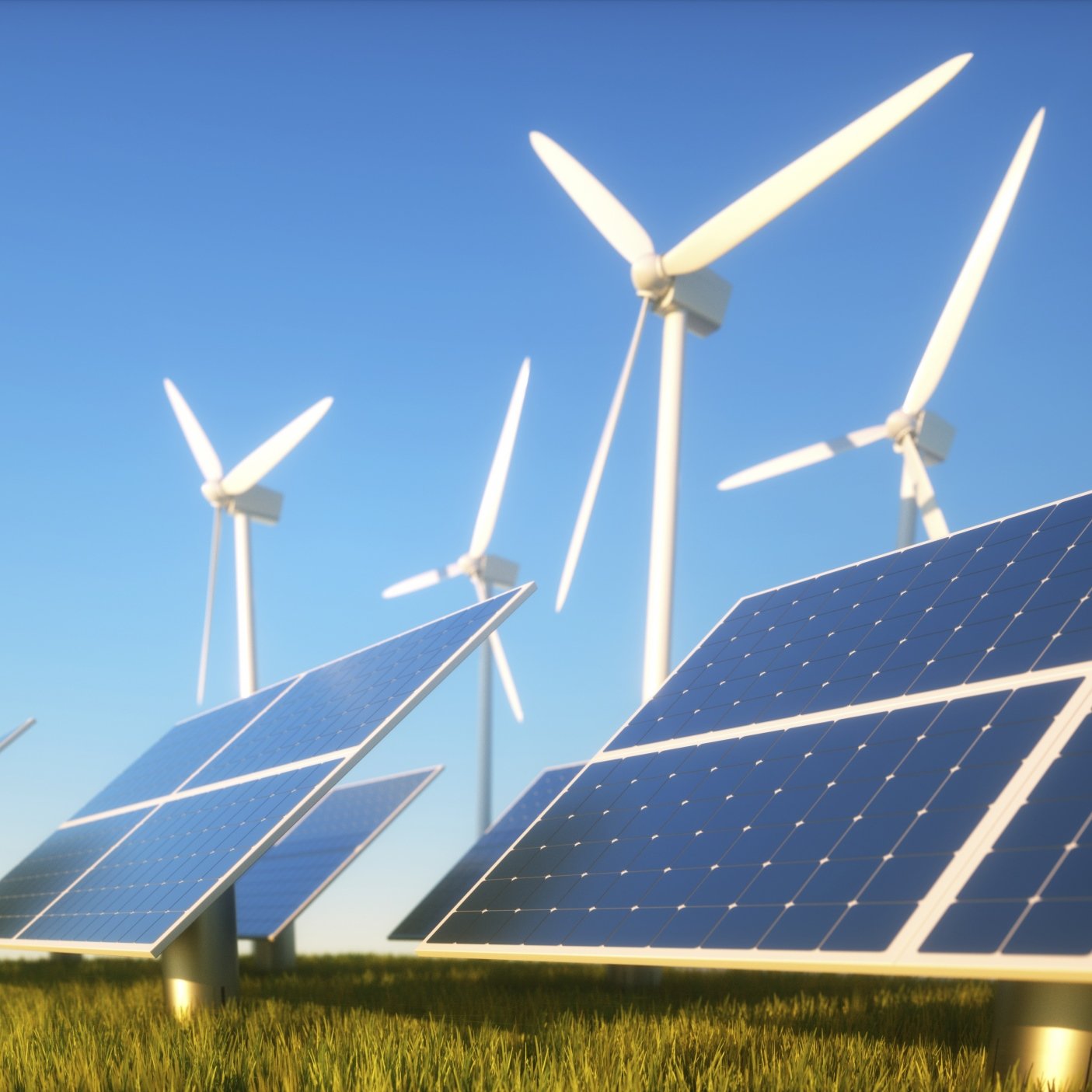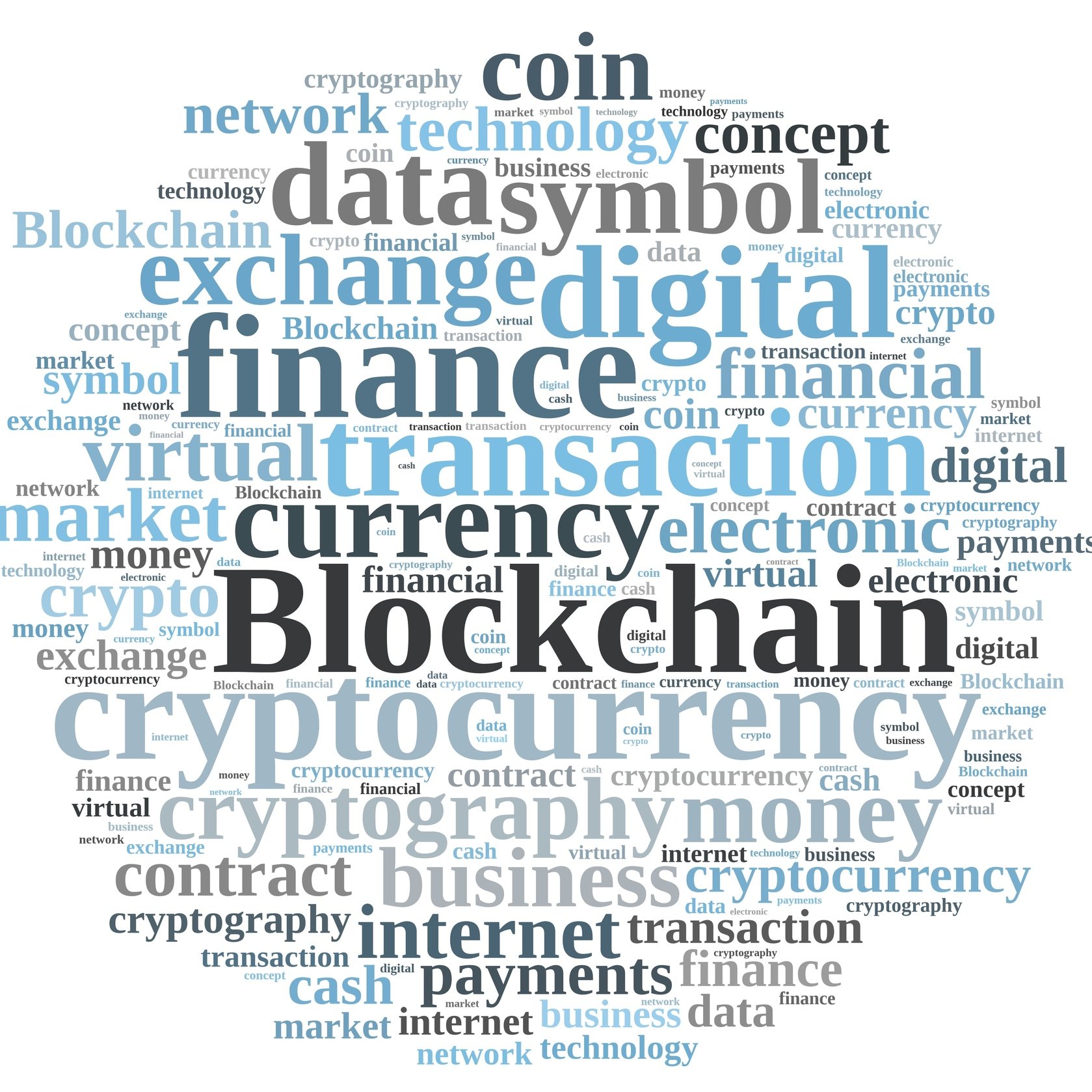
As several struggling companies have proved recently, adding the word “blockchain” to the company’s name lights a rocket under the stock. Recall Long Island Iced Tea and, more recently, Kodak.
What does blockchain mean? Well, to echo Humpty Dumpty’s words to Alice, it means whatever one chooses it to mean — “neither more nor less.” In its basic sense, the blockchain was a decentralized, immutable store of information related to certain transactions. The blockchain also claims to reduce third-party risk by eliminating intermediaries, such as banks, whose role was to provide (centralized) trust in the system — trust is replaced by immutable data that is not controlled by any party.
Combined with a digital currency like bitcoin or any other cryptocurrency (token), the goal was the creation of a transaction clearing system independent of banks that can never be corrupted because nothing can ever be changed. That may be a worthy goal, but the reality is that the system is an energy hog (if not quite the hog that some reports make it out to be), it’s slow, and transaction costs continue to escalate.
How does this all play out in the energy sector? In late October, GreenTech Media published a story on 15 “blockchain-based” energy companies, some of which have generated funding by initial coin offerings (ICOs). Among these firms, Grid+ raised $125,000, 570.5 bitcoin and 94,070.8 ether in a token sale last November.
Grid+ is developing a hardware and software product to create a secure Ethereum-enabled gateway and to connect Internet of Things (IoT) devices. The hardware gateway is an Internet-enabled, always-on appliance that securely stores cryptocurrencies and processes payments for electricity in real time. In other words, a consumer could set the washing machine or dishwasher or some other household appliance to run when electricity costs are at their lowest and pay the bill — again in real time — with Ethereum tokens.
That model is similar to others and could even be scaled up to transform modern energy grid systems that distribute electricity over an entire region or country. For example, earlier this month a European firm called WePower signed a memorandum of understanding with Elering, the electricity and gas system operator for the Baltic country of Estonia, to test large-scale tokenization of energy data on the blockchain in Estonia, probably the most wired country in the world.
WePower’s goal is to allow green energy projects to raise funds by selling future production using the company’s WPR energy tokens. The idea mimics the way many large clean energy projects are already financed, but the difference is that many more small buyers can play. Raising capital from a lot of little investors may prove easier than finding one big investor to buy all the future power production. WePower’s ICO is set to go live in about two weeks.
Do transactions like those contemplated by Grid+ or WePower religiously adhere to the basic principles of a blockchain? Almost certainly not. Is there any reason for the blockchain firms to adhere strictly to fundamental blockchain parameters? Again, almost certainly not.
Sponsored: Want to Retire Early? Here’s a Great First Step
Want retirement to come a few years earlier than you’d planned? Or are you ready to retire now, but want an extra set of eyes on your finances?
Now you can speak with up to 3 financial experts in your area for FREE. By simply clicking here you can begin to match with financial professionals who can help you build your plan to retire early. And the best part? The first conversation with them is free.
Click here to match with up to 3 financial pros who would be excited to help you make financial decisions.
Thank you for reading! Have some feedback for us?
Contact the 24/7 Wall St. editorial team.
 24/7 Wall St.
24/7 Wall St.

